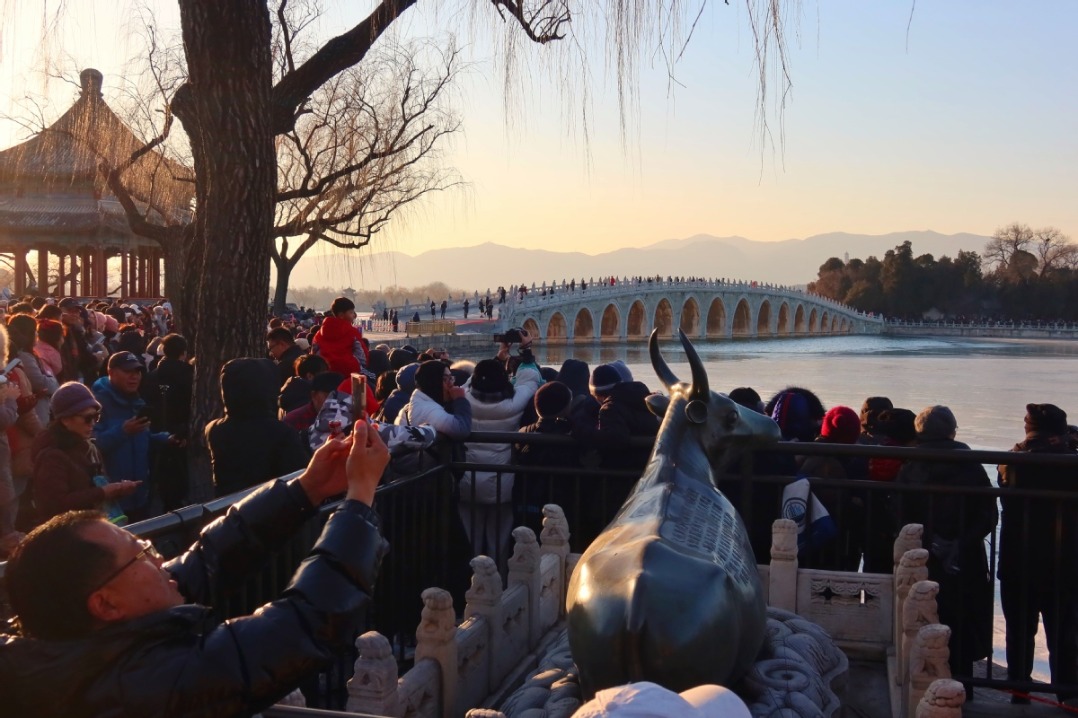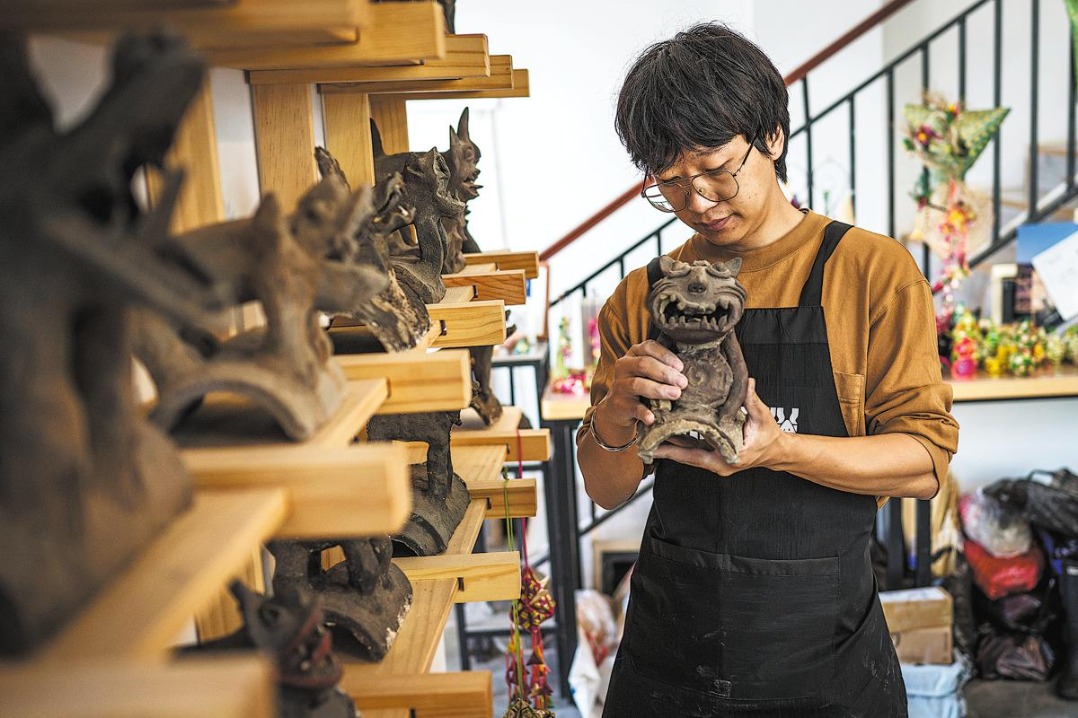Court issues ruling in case of online argument

A court in Siming district of Xiamen, Fujian province, rejected claims from both plaintiff and defendant in a case about a customer leaving negative reviews on a hostel room, according to Huashang Daily, a news outlet based in Shaanxi province, on Thursday.
It all began with a negative review left by the customer surnamed Wang who ordered a hostel room on online platform Qunar during her trip to Xiamen in February. She complained about the loud air-conditioner, the damp pillow and the windowless 6-person room's hygiene.
The hostel replied to her review on the platform saying the room was not that bad, and described her as a "giant baby, short and fat".
After Wang filed a complaint to Qunar, the platform apologized to her and returned the 62 yuan ($8.6) she spent on the room. The hostel was punished by being removed from the platform for seven days. Afterwards, Wang deleted part of the review and the hostel deleted the insulting reply.
She later received a text message from the hostel manager saying the hostel was suing her for leaving a malicious review that had caused serious financial losses, with 133 cancellations.
The hotel requested Wang to immediately stop harming the hotel's reputation, and requested a public apology from Wang. Moreover, the hostel sought compensation of 100,000 yuan for the hostel's economic loss, and asserted Wang should bear all expenses generated during litigation.
However, Wang counter-sued the hostel, requesting the hostel to immediately stop its actions. She also sought an apology and compensation of 444 yuan for medical expenses and 8,000 yuan for mental distress which she developed from the hostel's insulting remarks.
In the first-instance trial in April, the court found Wang, as a consumer of the hostel, had the right to comment on the quality of the services provided.
Regarding the hostel's claim for loss from cancellations on online platforms, the court found insufficient evidence to prove a direct relationship between Wang's review and the loss of bookings. Thus, the court did not support the hotel's claim.
As for Wang's claims, the court ruled the hostel's replies were inappropriate, but did not amount to insults or defamation that would damage personal integrity or reputation. Furthermore, the court noted the hostel had already modified and deleted its replies.
Therefore, the court did not recognize Wang's claims either.
Even though the hostel lodged an appeal, the court stuck to the judgement in the second instance trial.
- Shanxi ends province-wide blanket fireworks ban
- Audit: China fixes bulk of fiscal problems tied to 2024 budget
- China reports major gains in circular economy
- Chinese lawmakers review draft revision to banking supervision and regulation law
- Top legislature to study draft laws on environment, ethnic unity, national development planning
- Administrative organs must secure people's interests: senior judge





































